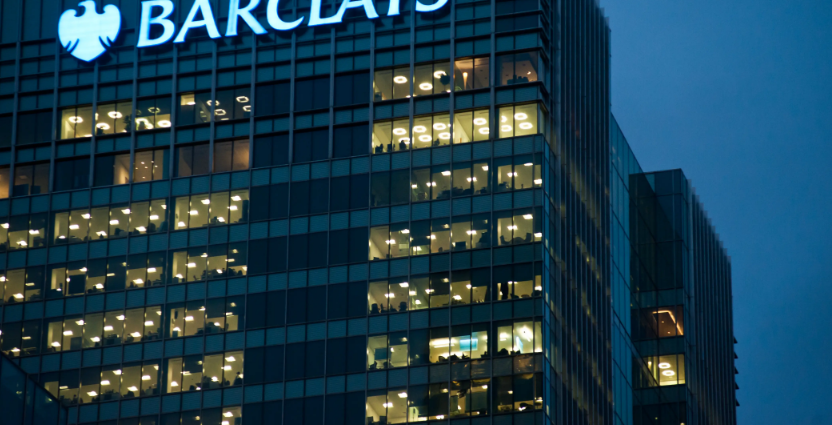Barclays has reported a stronger-than-expected 19% rise in first-quarter profits, fuelled by a surge in trading activity linked to global market volatility sparked by Donald Trump’s return to the White House.
The FTSE 100 banking group announced pre-tax profits of £2.7 billion for the first three months of 2025, comfortably ahead of analyst forecasts of £2.5 billion. The performance was largely driven by a 16% year-on-year increase in revenues from the bank’s markets division, which rose to nearly £2.7 billion.
Barclays attributed the uptick to a sharp rise in client activity, particularly in fixed income, currencies, and commodities (FICC) trading, which saw a 21% increase. Equities trading also rose 9%. The bank said that traders had responded swiftly to clients rebalancing portfolios in light of sweeping new trade and economic policies introduced by the Trump administration.
Investment banking fees also contributed to the overall result, climbing 16% to £1.2 billion due to increased advisory activity on mergers, capital raisings, and debt issuance.
The bank’s latest figures come as a boost to chief executive CS Venkatakrishnan, known as Venkat, who is overseeing a three-year strategic overhaul of the business. Launched in 2023, the plan aims to rebalance the bank’s operations by reducing its dependence on volatile investment banking revenues and expanding its UK consumer and corporate banking units. It also includes a pledge to return £10 billion to shareholders by the end of 2026.
However, Barclays also reported a rise in loan loss provisions, which climbed to £643 million from £513 million a year earlier. This included a £74 million charge related to “elevated US macroeconomic uncertainty”, reflecting the potential fallout from newly imposed US tariffs under Trump’s economic agenda.
Despite these headwinds, Venkat maintained a confident outlook. “Our high quality, diversified businesses, together with proactive risk, capital and liquidity management and a robust balance sheet, position us well to support our customers and clients and deliver strong risk-adjusted returns in a wide range of macroeconomic scenarios,” he said.
Barclays shares have rallied since the launch of Venkat’s turnaround strategy, but the bank faces continued uncertainty from global geopolitical tensions and the economic ramifications of protectionist US trade policy. The months ahead are expected to test the durability of its diversified business model.

